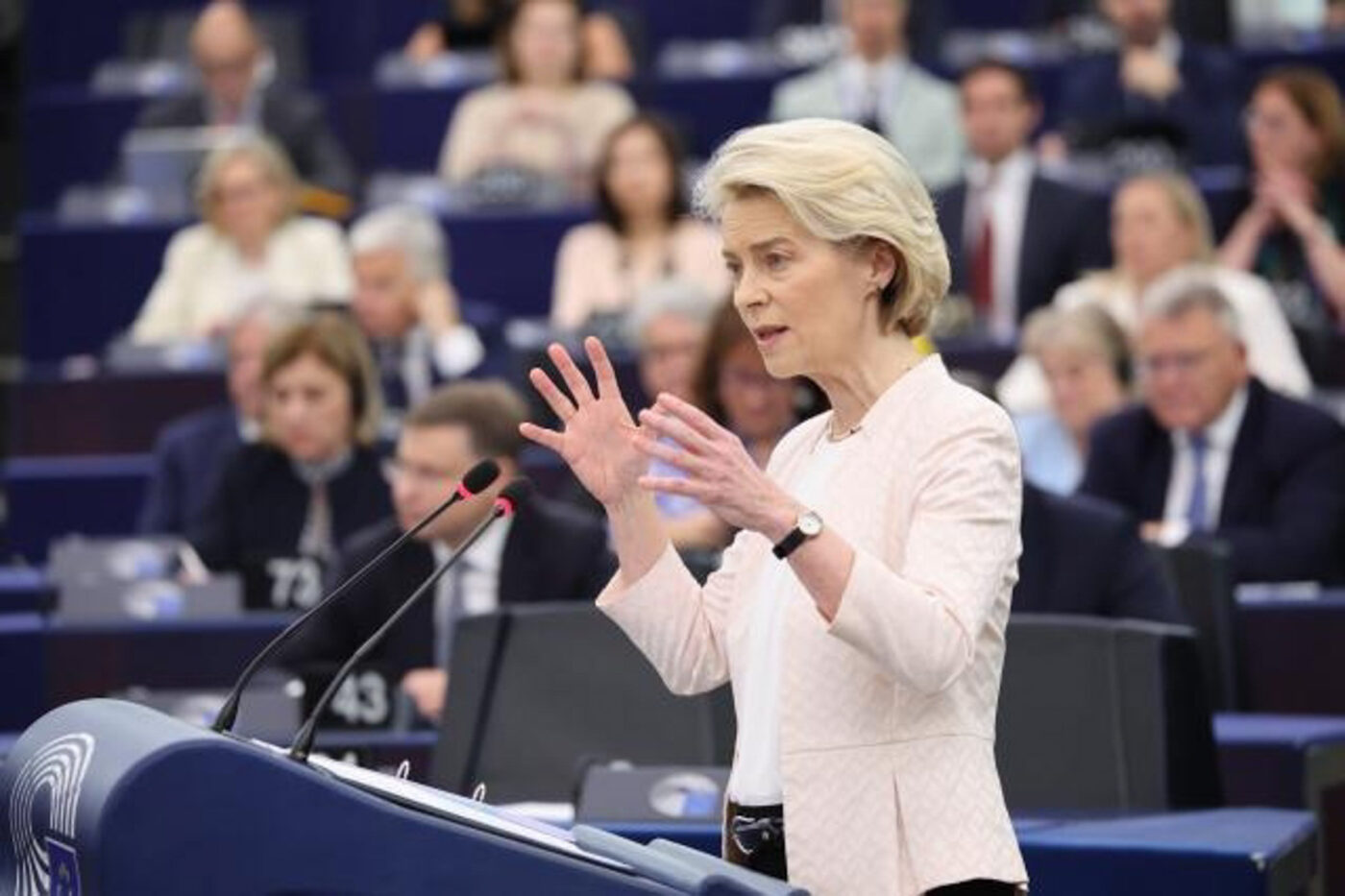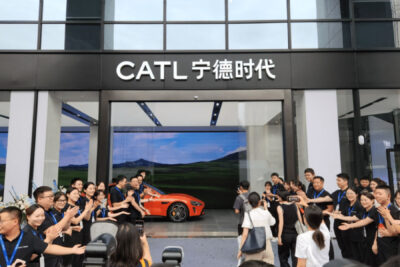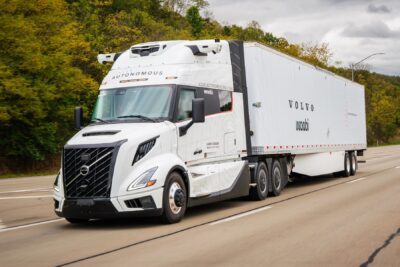EU to stay on course with 2035 combustion engine phase-out
For months, several top managers and lobbyists, particularly from the German car industry, have railed against the EU’s plans adopted back in 2022. From 2035 onwards, only new cars with zero grams of CO2 emissions per kilometre will be permitted – effectively banning new combustion engine vehicles. Mercedes CEO and ACEA President Ola Källenius, for example, recently wrote to Ursula von der Leyen, demanding that the EU “adapt its policy to today’s market, geopolitical and economic realities – otherwise it risks endangering one of its most successful and globally competitive industries.” He also called for space to remain for “(plug-in) hybrids, range extenders, highly efficient combustion vehicles, hydrogen and decarbonised fuels.”
Yet despite these complaints – voiced loudly again at the IAA Mobility in Munich – the EU Commission intends to stay the course. It wants to convince automotive leaders at the EU car summit on Friday that the chosen path is the right one. According to Der Spiegel, the Commission’s six-page concept paper for the summit states that the goal of a complete exit from petrol and diesel technology by 2035 is “achievable.”
The prerequisite, however, is that all parties “act decisively and in a coordinated manner.” This can be read as a jab at carmakers, who have long warned of job losses in Europe, China’s dominance in the battery value chain, and argued that a technology-open approach would better serve climate protection.
A study deliberately timed for this week by the International Council on Clean Transportation (ICCT) shows that carmakers are already well on track to meet the 2027 CO2 targets – an important milestone on the road to the 2035 phase-out. As a counterweight to industry criticism, an open letter was published just a few days ago, in which over 150 managers from the e-mobility sector urged the Commission to hold firm – to avoid jeopardising the future of Europe’s car industry.
Back to the Commission’s concept paper: According to Der Spiegel, Brussels concedes that the industry’s situation is “structurally challenging” and requires “stronger and faster action.” Rolling back the phase-out is not the solution. Instead, the Commission proposes a set of measures to achieve the 2035 target: a joint political and industry initiative for European battery cell production, incentives for smaller and more affordable electric cars, and stronger support for European automotive software development.
The EU Commission also points out that it has already accommodated the industry – for example, through more flexible CO2 fleet targets for 2025, exemptions from road tolls for electric trucks, and the planned rule requiring a high share of electric vehicles in company fleets, which would also reduce manufacturers’ own fleet emissions.
However, the Commission leaves one small backdoor open for the combustion lobby: exceptions might be introduced for plug-in hybrids and range extenders – vehicles that combine an electric motor with a combustion engine. But that is far from certain. According to the report, Ursula von der Leyen is not expected to decide on this until spring 2026, when she presents her planned review report.
spiegel.de (in German)
This article was first published by Florian Treiß for electrive’s German edition.





1 Comment